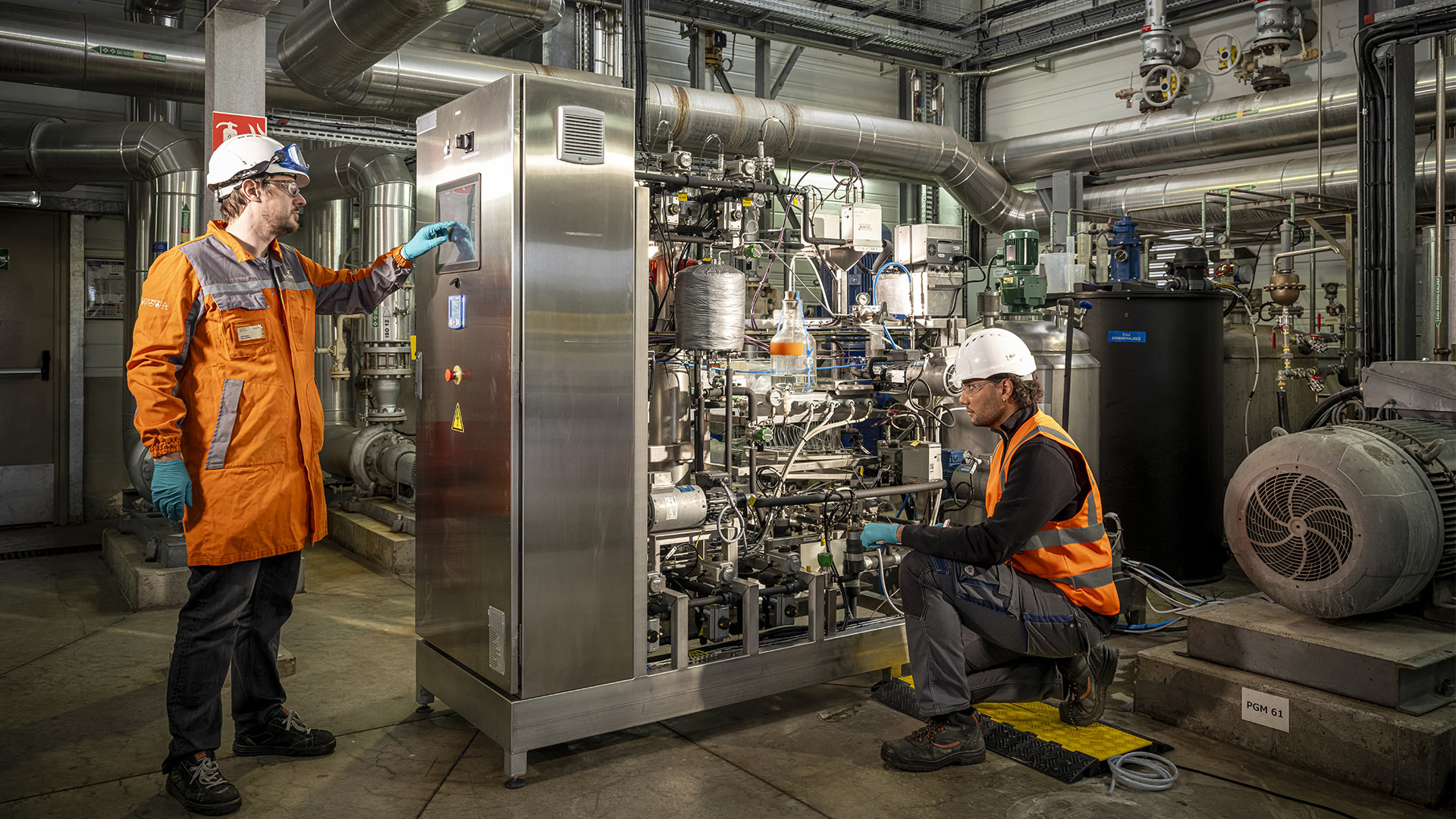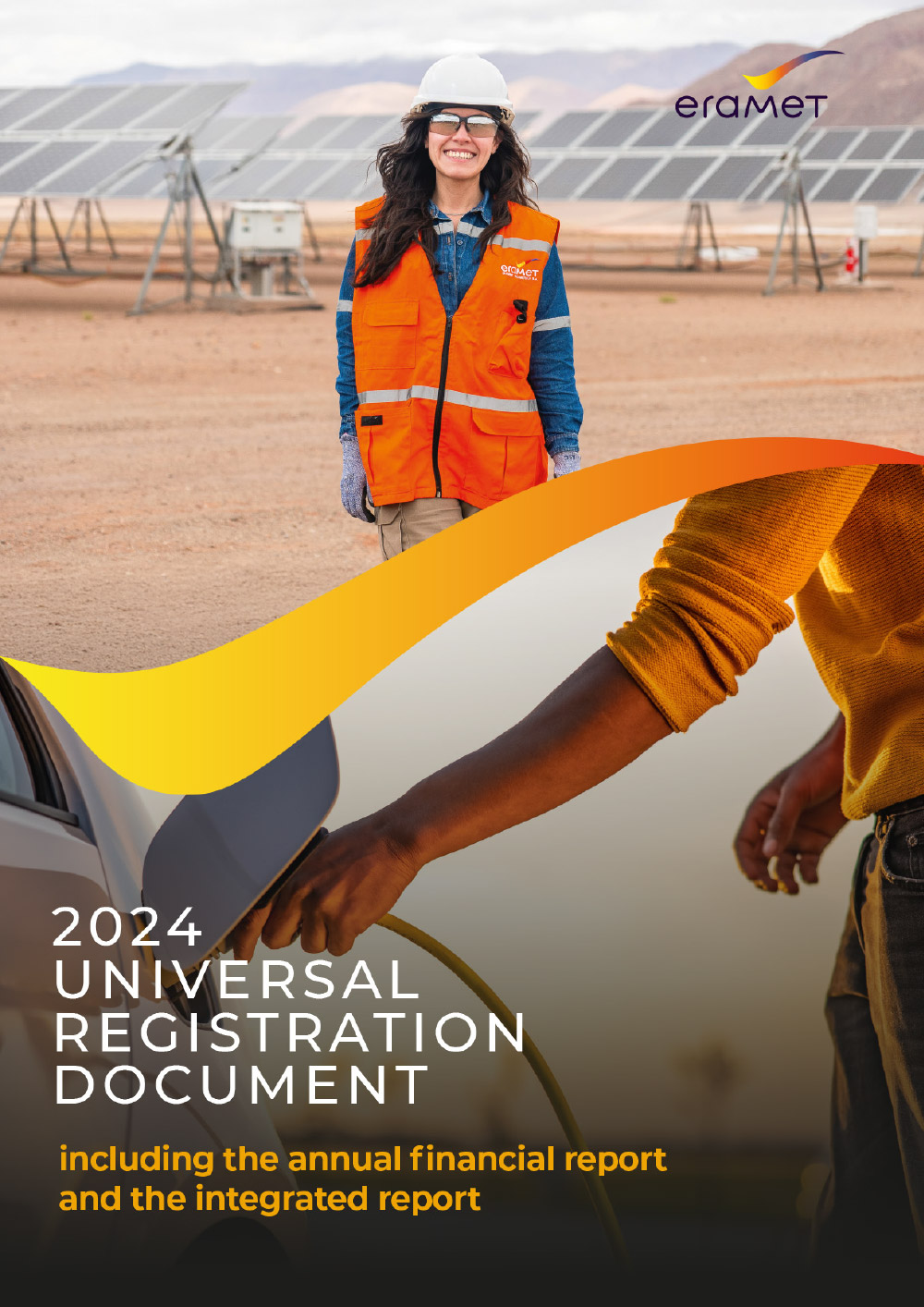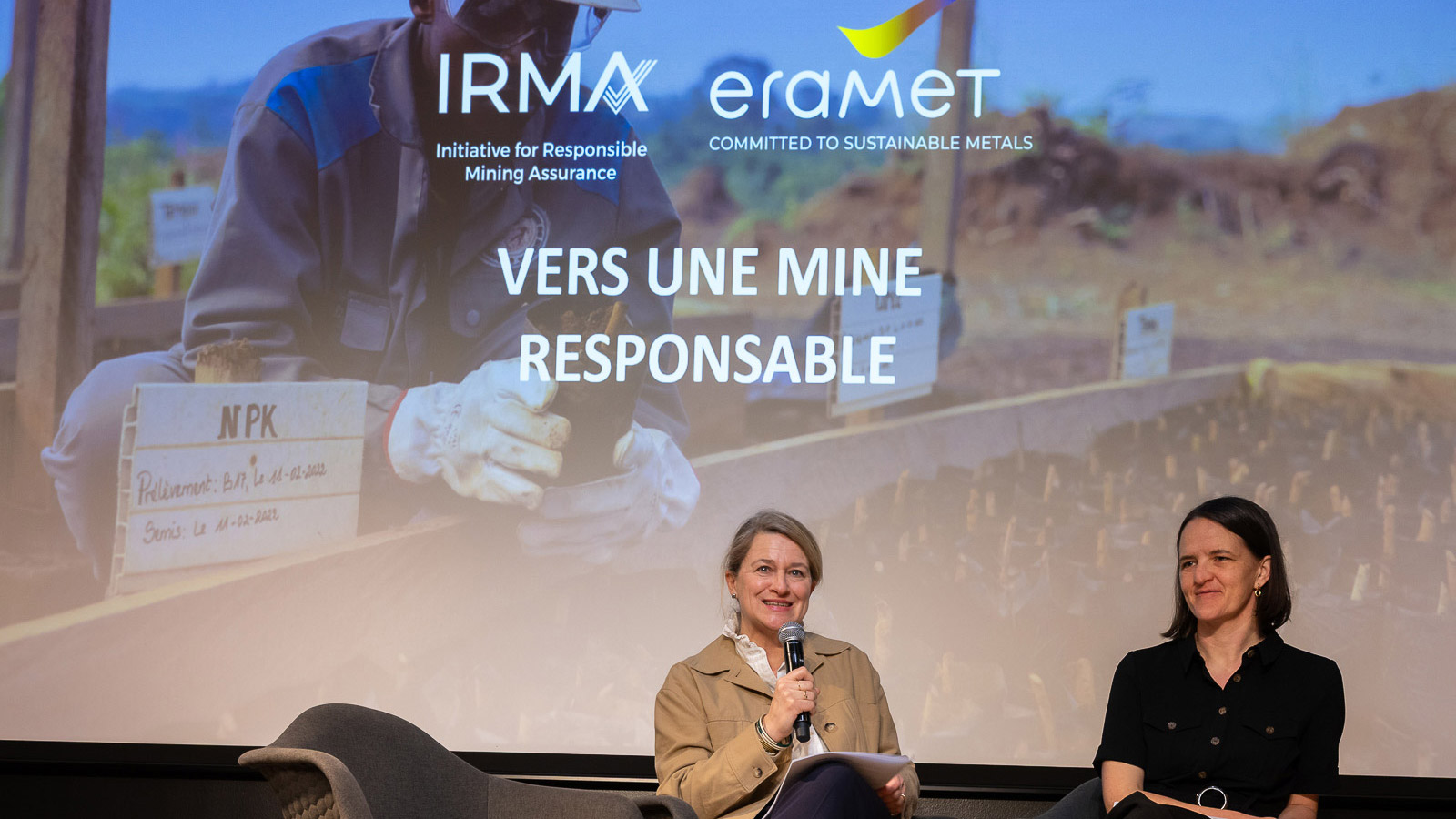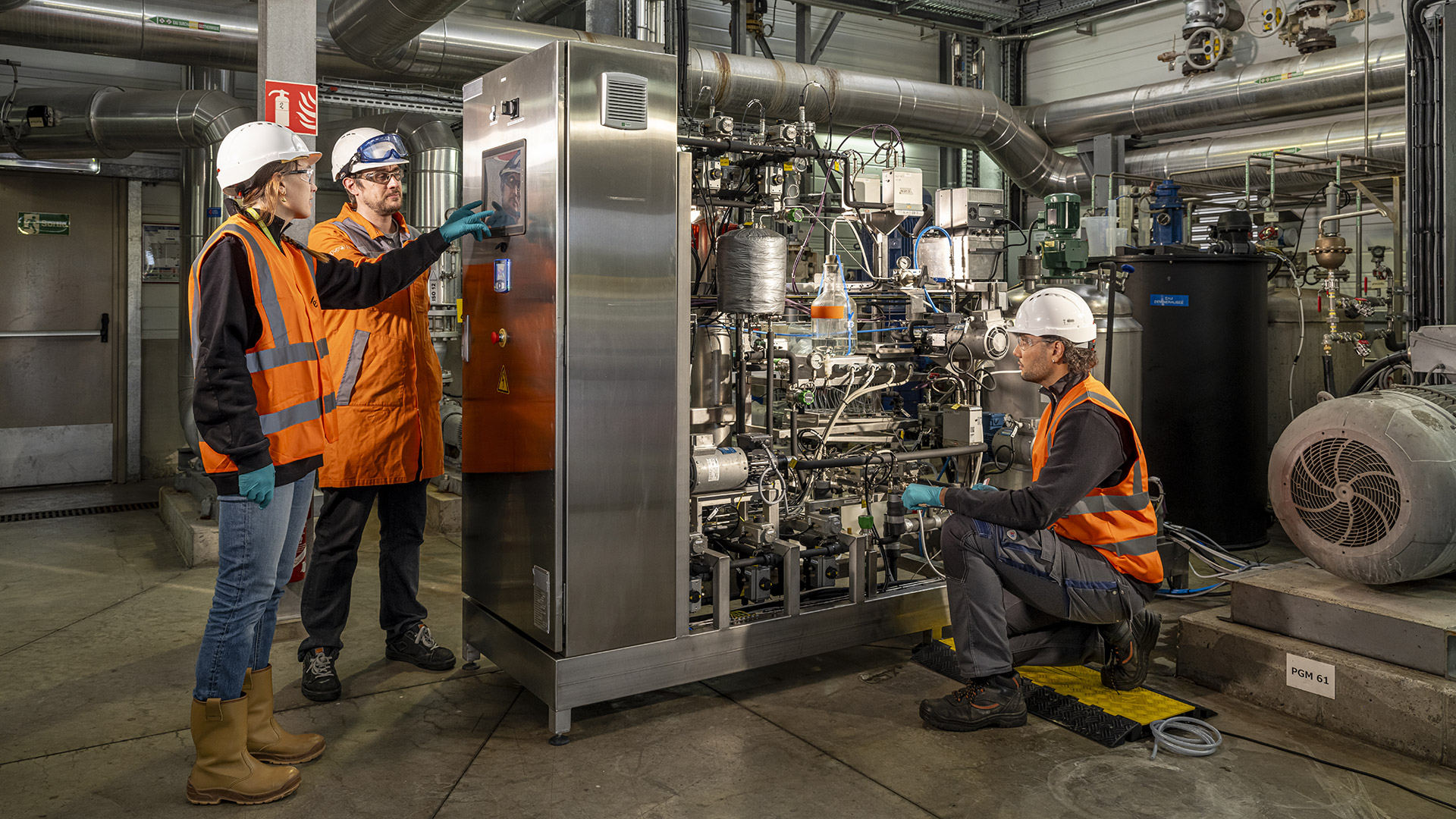The “AGeLi” (Alsace Géothermie Lithium) project brings together Eramet and Electricité de Strasbourg with the aim of developing the lithium resources contained in the geothermal water naturally present in the Alsace subsoil.
Ageli would enable the development of one of the world’s most responsible lithium production projects, contribute to the sovereignty and reindustrialization of France and Europe in terms of critical metals, and to the production of low-carbon energy using geothermal energy.
An update from Ludovic Donati, Project Director.
What’s the status of the Ageli project?
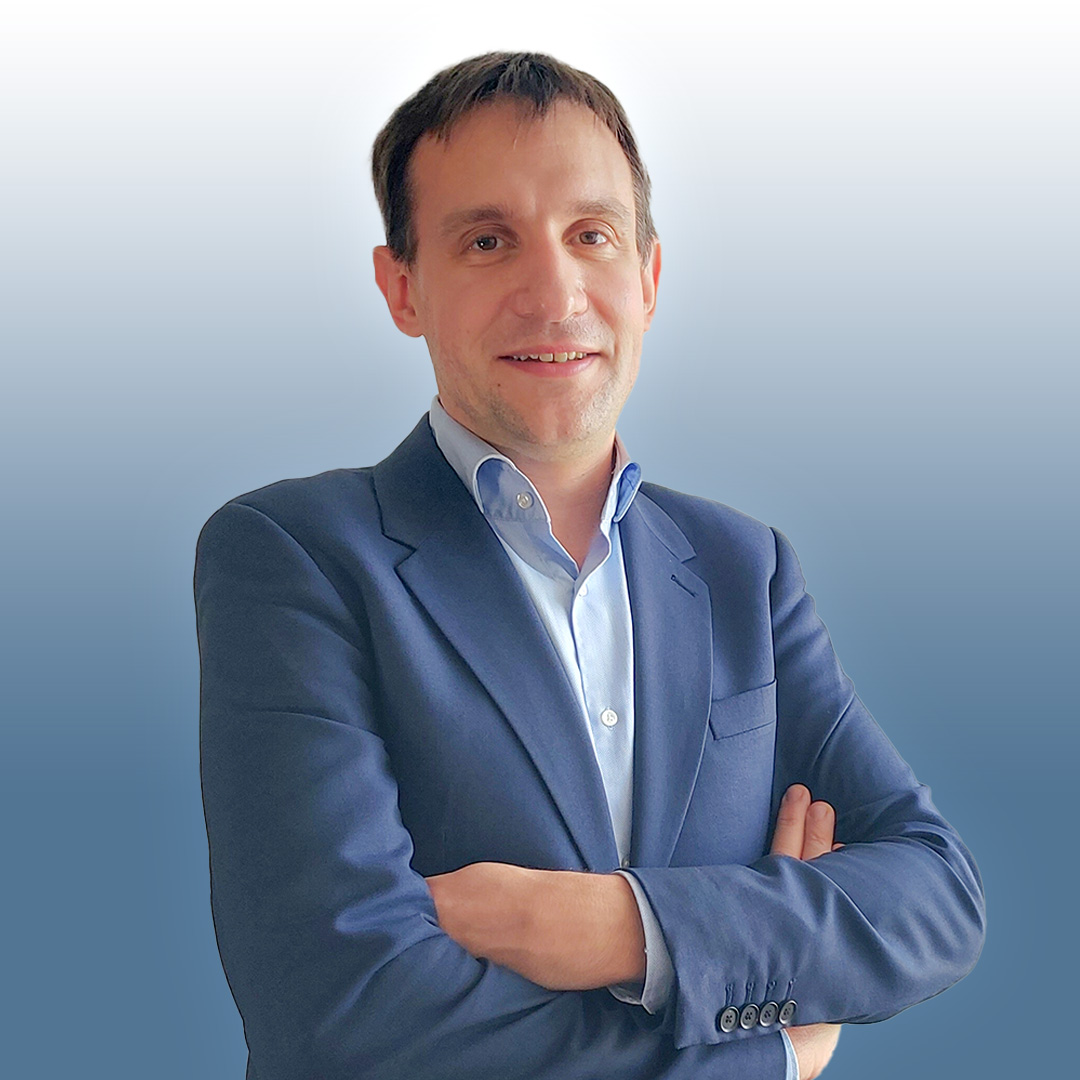 Ludovic Donati: The first tests carried out between 2019 and 2021 applied to geothermal waters in Alsace have proved that the application of the patented Direct Lithium Extraction (DLE) process, developed by the Group for the Centenario project , was technically feasible. These tests led to the production of the first kilograms of battery-grade lithium carbonate. In early 2023, we formalized our exclusive partnership with Electricité de Strasbourg which operates France’s only high-temperature geothermal power plants, as part of the Ageli project.
Ludovic Donati: The first tests carried out between 2019 and 2021 applied to geothermal waters in Alsace have proved that the application of the patented Direct Lithium Extraction (DLE) process, developed by the Group for the Centenario project , was technically feasible. These tests led to the production of the first kilograms of battery-grade lithium carbonate. In early 2023, we formalized our exclusive partnership with Electricité de Strasbourg which operates France’s only high-temperature geothermal power plants, as part of the Ageli project.
The project is now entering a new phase with the installation of a pilot at the Rittershoffen geothermal power station for a minimum period of 6 months, in order to demonstrate the effectiveness of the process, ensure the stability of the active lithium extraction material over time, and adjust the operating parameters. The geological conditions of Alsace’s geothermal waters are very different from those in Argentina: they are much hotter and under pressure.
The aim of this phase is to identify the project’s major risks and opportunities, in order to provide, by the end of 2024, a recommendation for the next stage in the project’s development.
How are roles divided between Eramet and Electricité de Strasbourg?
L.D.: The project is equally divided (50/50), and Eramet is in charge of project management.
We bring our expertise in lithium processing, in particular with our direct extraction process developed for the lithium project in Argentina and lithium carbonate refining.
Our partner brings its solid expertise in deep geothermal waters (located at a depth of nearly 3 kilometers in granite fractures in the Rhine basin), its geothermal infrastructures (2 power plants in operation) and its knowledge of the local socio-economic context.
What makes this lithium project different and “responsible”?
L.D.: The process developed by Eramet is very different from conventional processes.
Firstly, because this project does not involve the opening of a mine in the traditional sense of the term, since we draw geothermal water directly from the power plant. Secondly, the project’s CO2 impact is very low, thanks to the reuse of geothermal energy in a closed loop. The same applies to water: the project will consume much less than conventional processes, and as much as possible in a closed loop.
On the social front, Eramet and Électricité de Strasbourg have long developed expertise in consultation and dialogue with local stakeholders, helping to ensure the project’s acceptability.
Eramet works with local communities right from the exploration phases of its projects to achieve the level of acceptability required for successful project implementation. Électricité de Strasbourg, as a long-standing player in geothermal energy in this region, knows the local players well and has made acceptability an entry point in its development strategy. The Ageli project will also create jobs and contribute to the reindustrialization of the region.
What are the next steps in the project?
L.D.: We’re currently in the pre-industrial engineering phase, i.e. “technical feasibility” studies. Between late 2024 and early 2025, we plan to set up an industrial-scale demonstrator, with a view to a final investment decision in late 2026. At the same time, we are working with the authorities to obtain the necessary regulatory approvals, and with stakeholders to ensure the project’s acceptability. Our goal for 2030 is to reach a production capacity of at least 10,000 tonnes of lithium carbonate per year, which would meet the needs of around 250,000 electric vehicle batteries every year.


